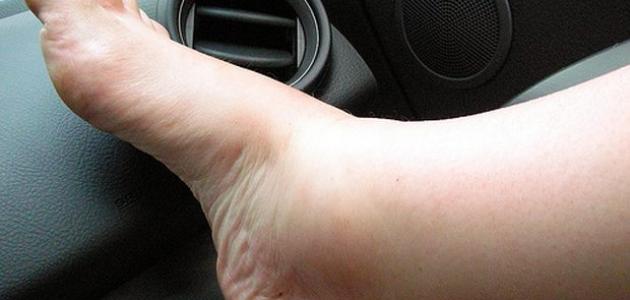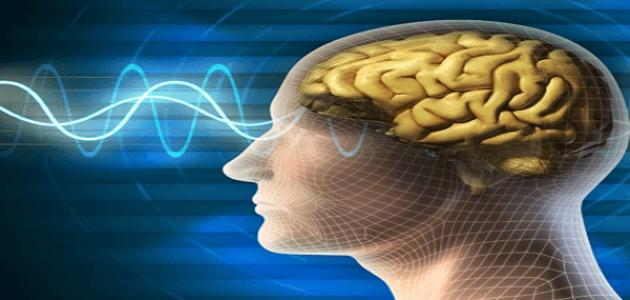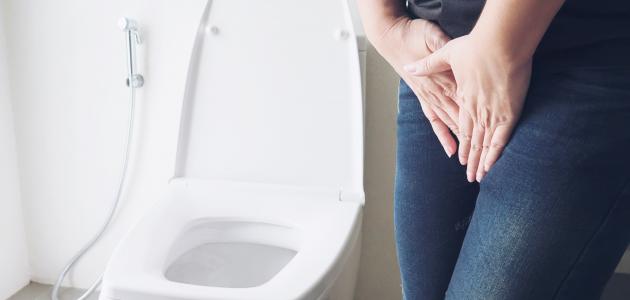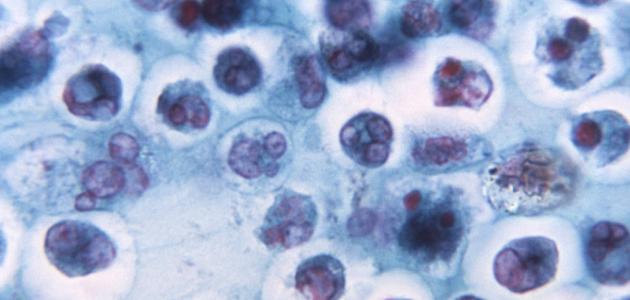fluid retention
A person is exposed in different stages of his life to many disorders and health problems as a result of various reasons, and one of the most common of these problems is the retention of body fluids as a result of their leakage from the blood into the various tissues of the body and thus the inability to get rid of them, so what are the reasons that lead to fluid retention in the body What are the associated symptoms and how can this problem be eliminated?
the reasons
- Fluid accumulation in the tissues of the lower extremity of the body, specifically the leg; As a result of standing for long hours.
- Decreased body efficiency in getting rid of bodily fluids, especially during the summer and when the weather is very hot.
- Exposure to different burns, such as sunburn, for example, and the skin retains fluids under the skin as a reaction to the burn.
- Hormonal changes associated with the menstrual cycle, which often lead to fluid retention.
- The period of pregnancy, and the accompanying secretion of hormones that stimulate the body's retention of various fluids and not get rid of them.
- The use of certain contraceptive methods, especially those that are taken orally, such as pills or estrogen.
- Poor diet and lack of many essential nutrients such as proteins and vitamins, specifically B1.
- Taking some types of medicines, especially those used to raise or lower blood pressure, in addition to some types of painkillers.
- The valves of the veins in the legs do not have the necessary efficiency to pump blood in its proper path, and do not return it to the heart.
Symptoms
- Swelling in some parts of the body, especially those affected.
- Impact on the extremities of the body, particularly the feet and hands.
- Pain in the affected body parts.
- stiffness in the joints
- Weight gain very quickly and within a short period.
- The skin loses its elasticity, and this is discovered by pressing it.
The diagnosis
Before we start treatment, we must search for the causes that led to fluid retention, and this is done by diagnosing the infection as follows:
Read also:What are the causes of a feeling of heaviness in the head?- Clinical or physical examination at the doctor.
- The person's medical history.
- Blood and urine tests.
- Examinations related to the liver and its functions.
- Examinations related to the kidneys and their functions.
- X-rays, particularly of the chest.
- In addition to examinations related to the heart, the most important of which is the electrocardiogram.
treatment
Treatment depends on the cause, and the most important treatments used include the following:
Read also:What are the causes of fatigue and exhaustion- Follow a healthy diet that contains a small amount of salt.
- Use of diuretics.
- Treatment of chronic diseases if they are the cause, for example, thyroxine is used to treat hypothyroidism.
- Avoid bad habits such as alcohol or smoking.
- See your doctor and get regular check-ups.









